Ministry pushed for more oil exploration prior to claims of "unsolicited application"
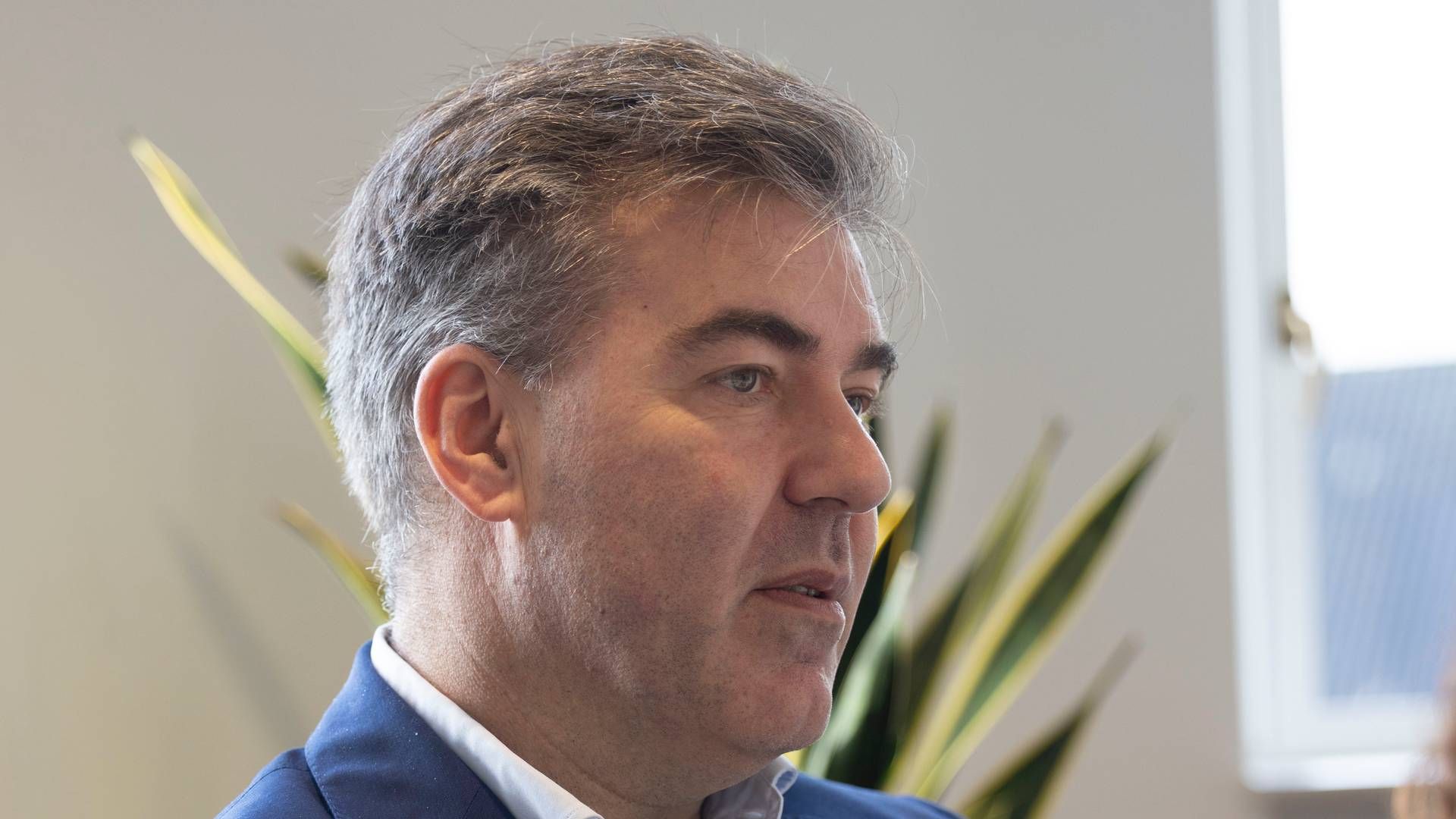
Last year, when an oil and gas company applied for permission for new oil and gas extraction in the North Sea’s Elly Luke field, the Danish Ministry of Climate described it as an ”unsolicited” application.
Danish climate minister Lars Aagaard said that his mind went ’what the fuck’ when he received the application, which sparked a huge debate about whether Denmark should allow further oil exploration in so-called mini-tendering rounds.
But now, access to documents obtained by NGO Greenpeace and media outlet Ritzau shows that the Ministry of Climate has been pushing for the oil company to expand its production of oil and gas in the Danish North Sea.
”The government is practicing one of the most classic examples of speaking with two tongues seen in Danish climate policy,” says Helene Hagel, head of climate an environmental policy at Greenpeace.
The meeting documents show how the Ministry of Climate in 2022 prepared for meetings with a wide range of different oil companies. The agenda was to investigate whether the oil companies could be persuaded to increase and speed up their production of gas and oil.
Climate ministry officials met with Norwegian oil company Noreco, which later changed its name to BlueNord.
According to the ministry’s assignment for the meeting, the main message was to explore how the oil company could ”accelerate and increase production and projects”.
Ministry officials were to ask if the company had ”any interest” in new licenses to extract gas and oil - including in the Elly-Luke field.
The following year, the Climate Ministry announced in a press release that the oil company BlueNord had submitted an ”unsolicited” application.
”We have been misled - both the population and the parties in the Danish Parliament,” says Hagel.
The pressure on the oil companies began after Russia invaded Ukraine and the then Social Democratic government announced that it would try to temporarily increase Danish gas production to become self-sufficient.
This happened in the so-called national compromise.
It was thus a publicly known priority that the state would attempt to temporarily increase Danish gas production.
Nevertheless, it is highly critical that Lars Aagaard, as Minister of Climate, gave the impression that the ministry was not responsible for the mini-tendering round, says Signe Munk, climate spokesperson for Danish political party SF (Green Left).
”It is in stark contrast to having held meetings with oil and gas companies and then claiming that the application for the mini tender round was unsolicited,” she says.
Samira Nawa, climate spokesperson for the Social Democratic Party in Denmark, was originally informed that the application was unsolicited. She is therefore very critical of the fact that the ministry itself has requested more gas and oil production from the specific company.
”If trust in the agreements we make with each other is to be maintained, the key words are openness and involvement. The climate minister owes an explanation a thorough clarification,” she says.
The Alternative Party in Denmark is so concerned about the case that climate spokesperson Torsten Gejl has called the minister into consultation.
”The access to documents shows that they have almost begged and asked the oil companies to apply for licenses for new oil and gas drilling in Danish waters.”
”It’s such a double standard that I can hardly imagine anything more scandalous in Danish politics.”
Climate Minister Lars Aagaard emphasizes that at the time, in 2022, Denmark was on the threshold of an energy crisis, and that it was politically decided by the previous government to explore opportunities to ”secure the Danish and European supply in the short term”.
”All this happened before I became minister. So I would like to repeat today that my reaction was ’what the fuck, what is this all about’, when I was informed of the application,” says Aagaard in a written comment.
”I can therefore assure you that I have in no way encouraged you to submit an application via the North Sea Agreement’s option to initiate a mini-tender.”
The Ministry of Climate confirms that in 2022 they had a dialog with oil companies about the possibility of accelerating planned gas projects.
At the same time, it was ”debated in the media” whether new large gas resources could increase gas supply.
Therefore, the ministry also took the ”opportunity” to ask the market if there was potential interest in developing these new gas resources.
Initially, there was not, but later in the year the ministry was informed that the oil and gas company BlueNord intended to apply for a new exploration license, according to the ministry.
After much public debate, oil company BlueNord later withdrew its application, partly due to ”commercial considerations”.
(Translated using DeepL with additional editing by Katrine Gøthler)


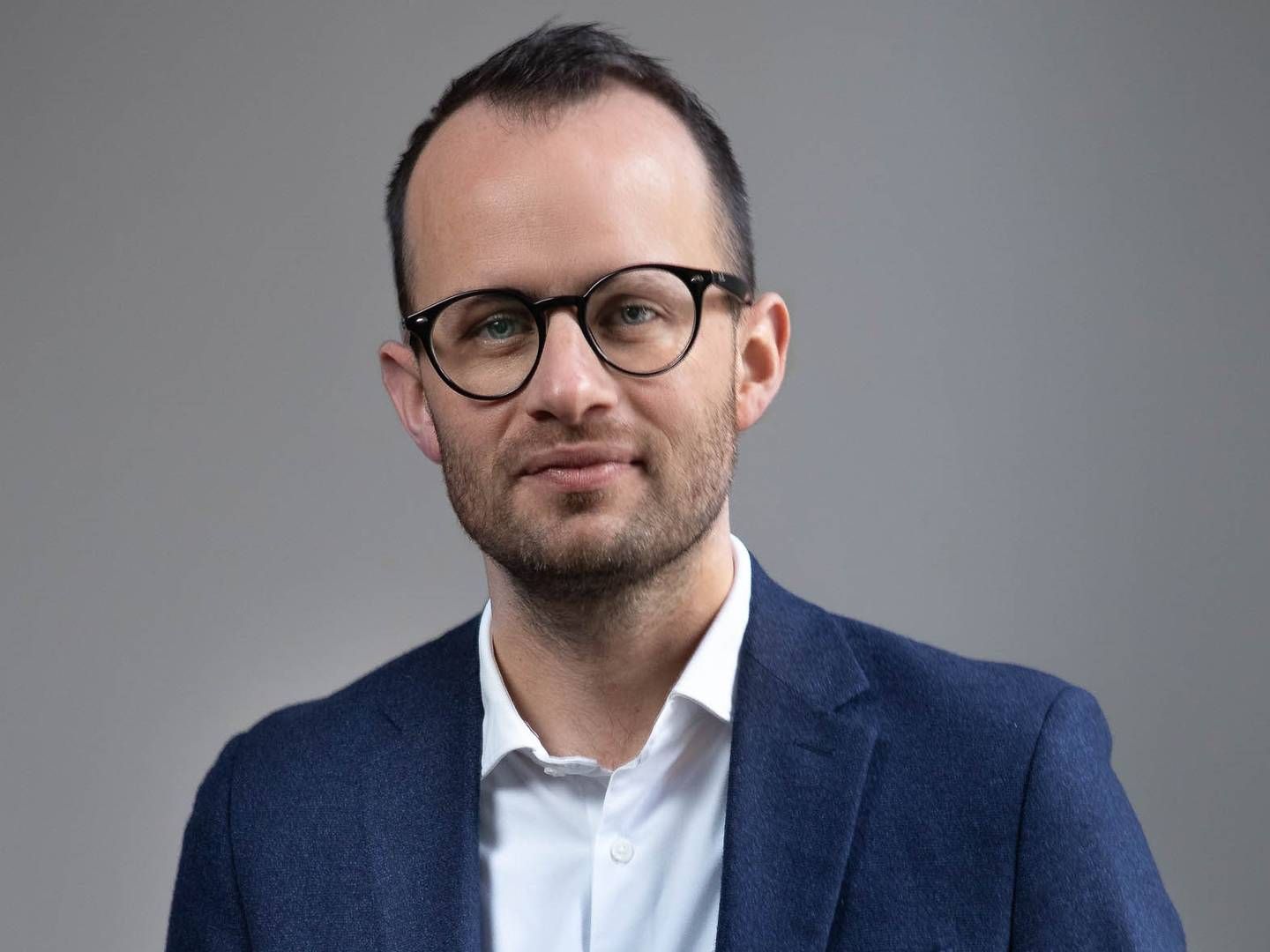


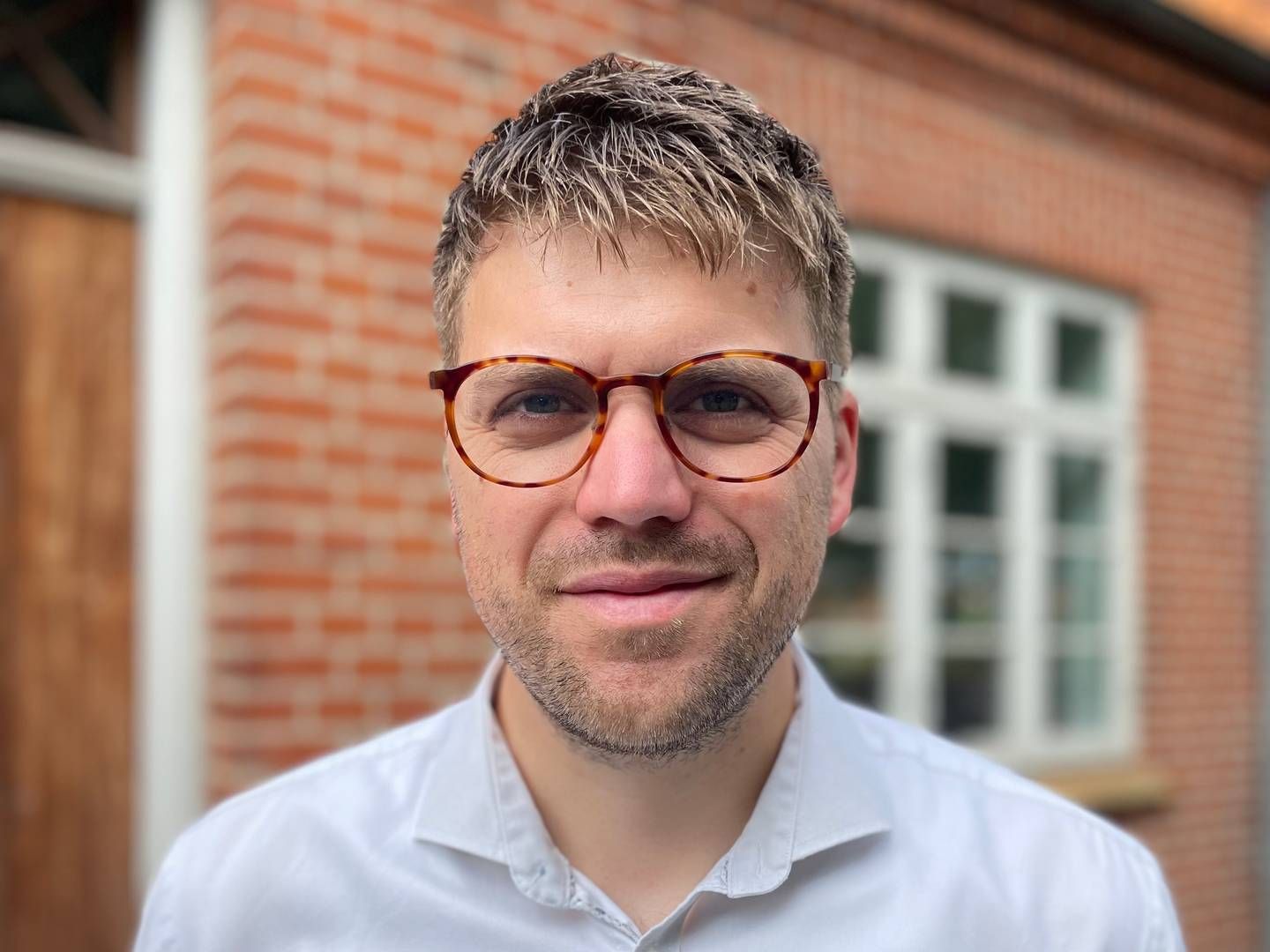
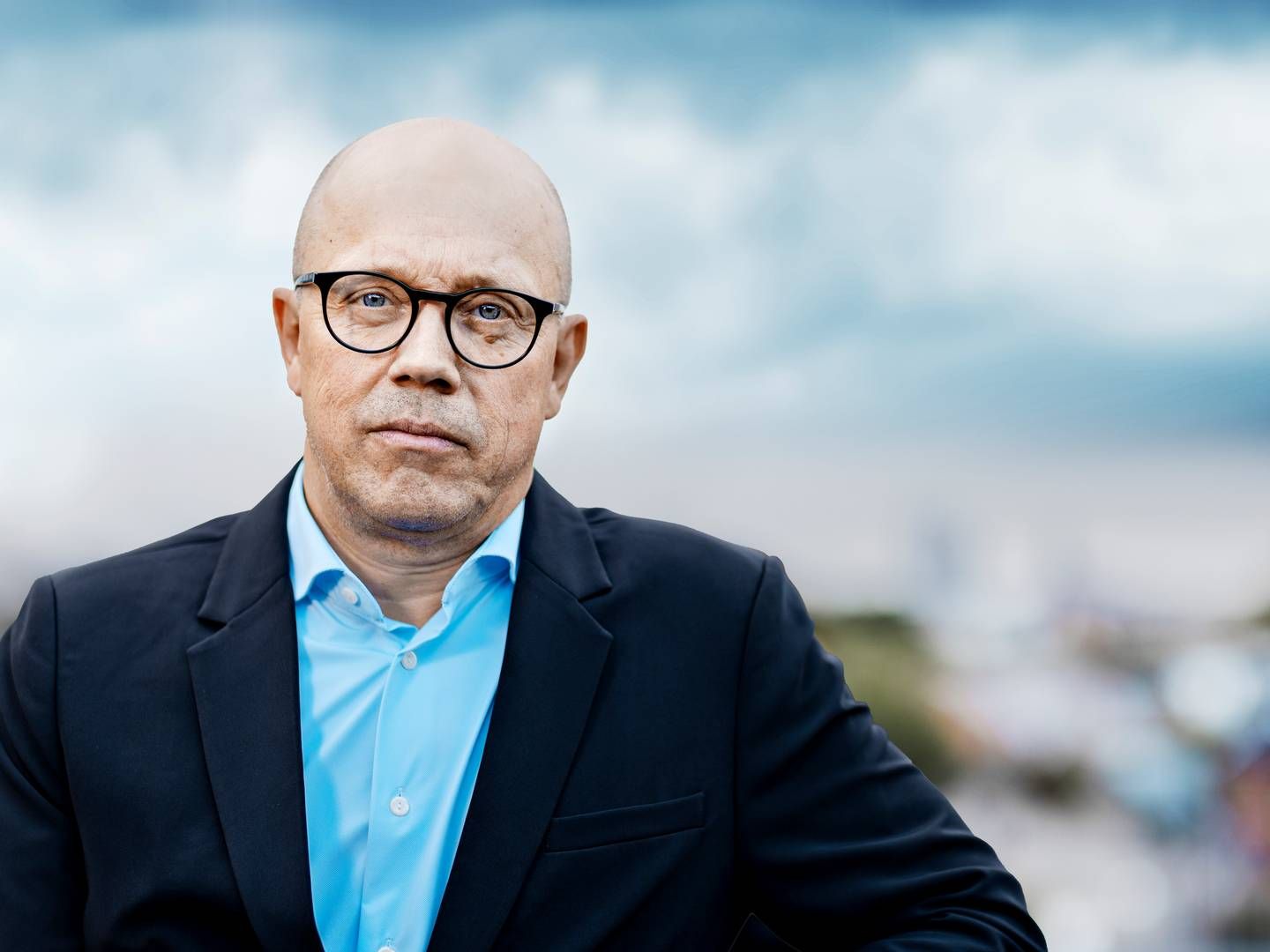



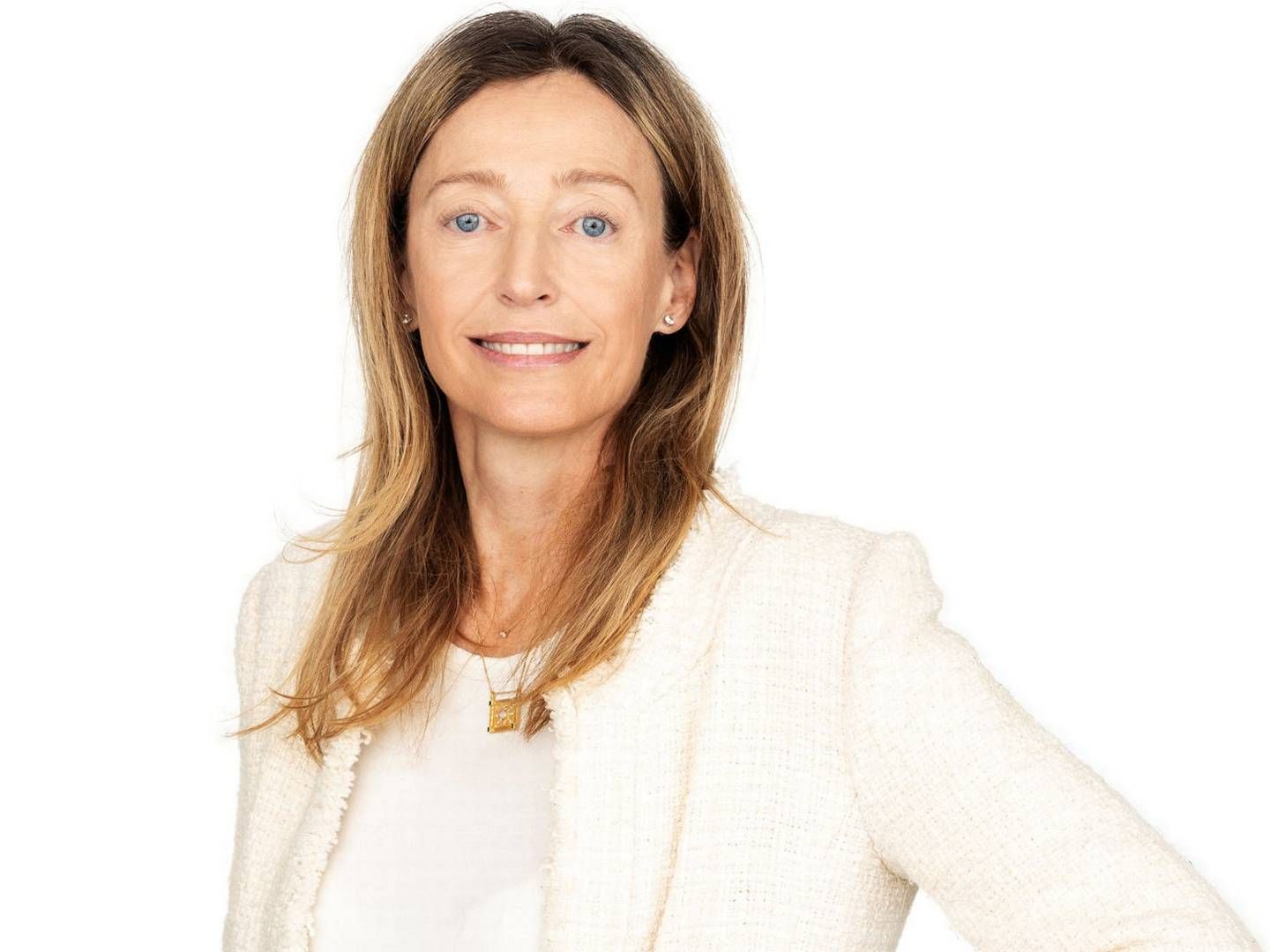

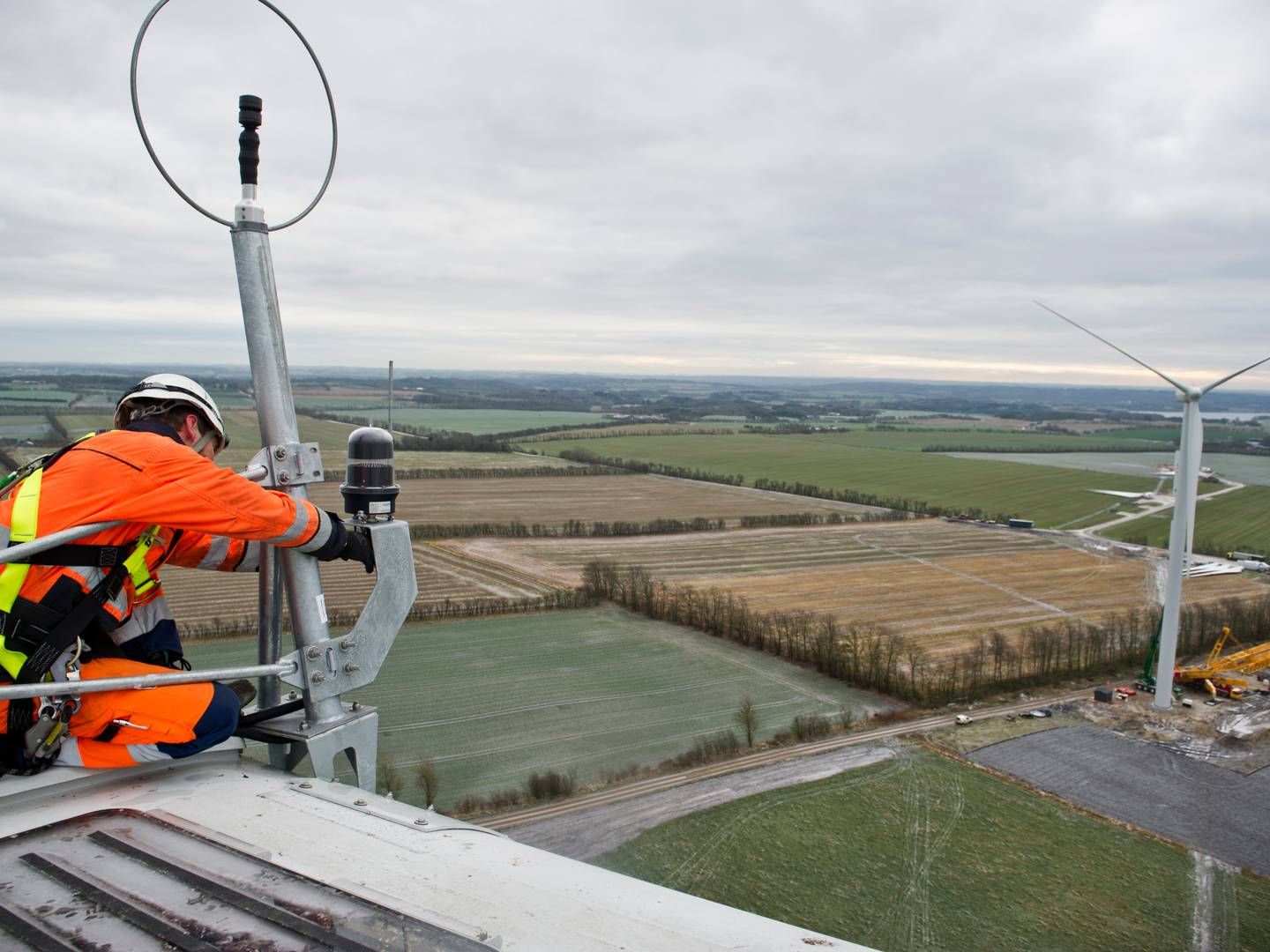
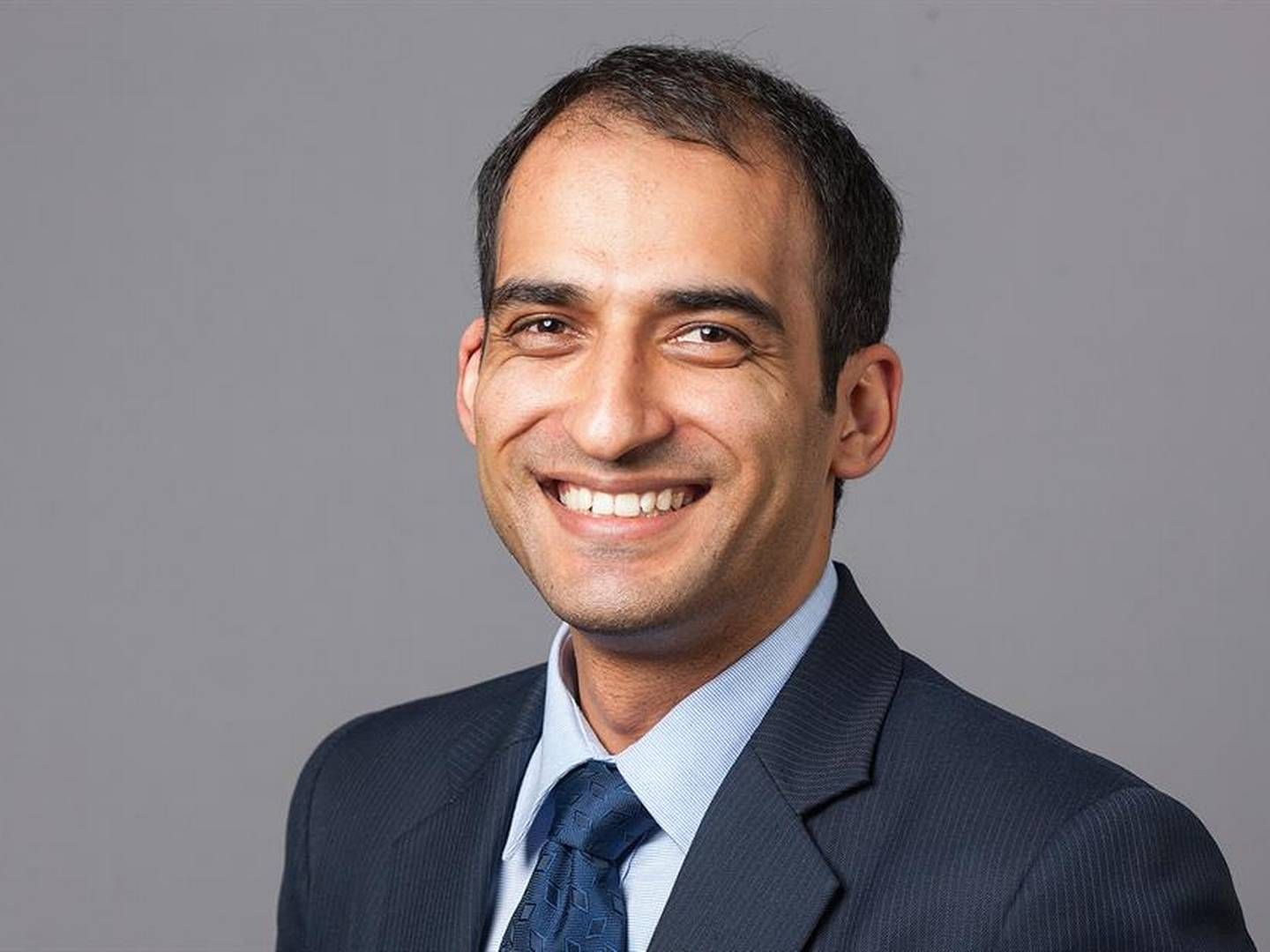


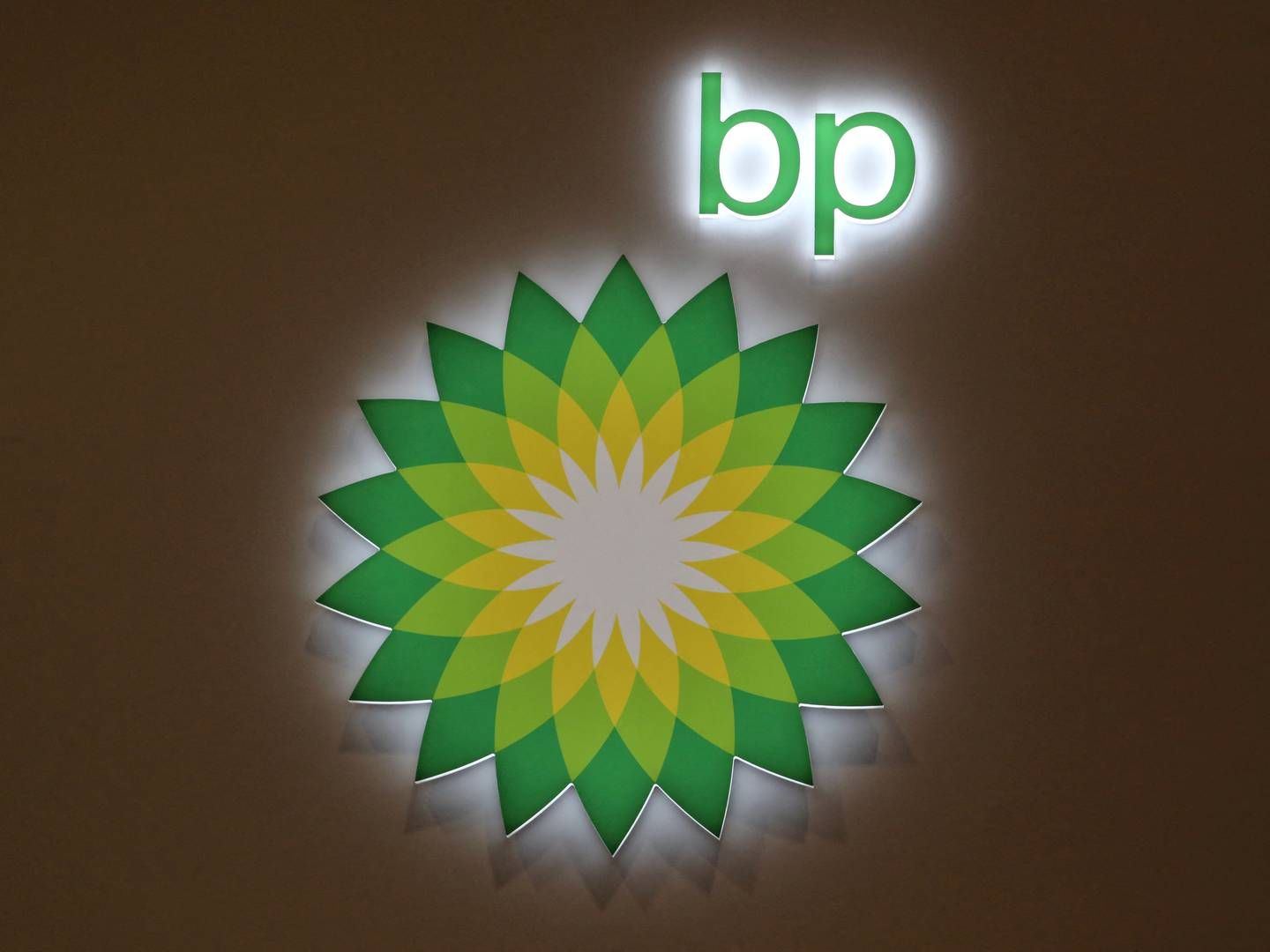
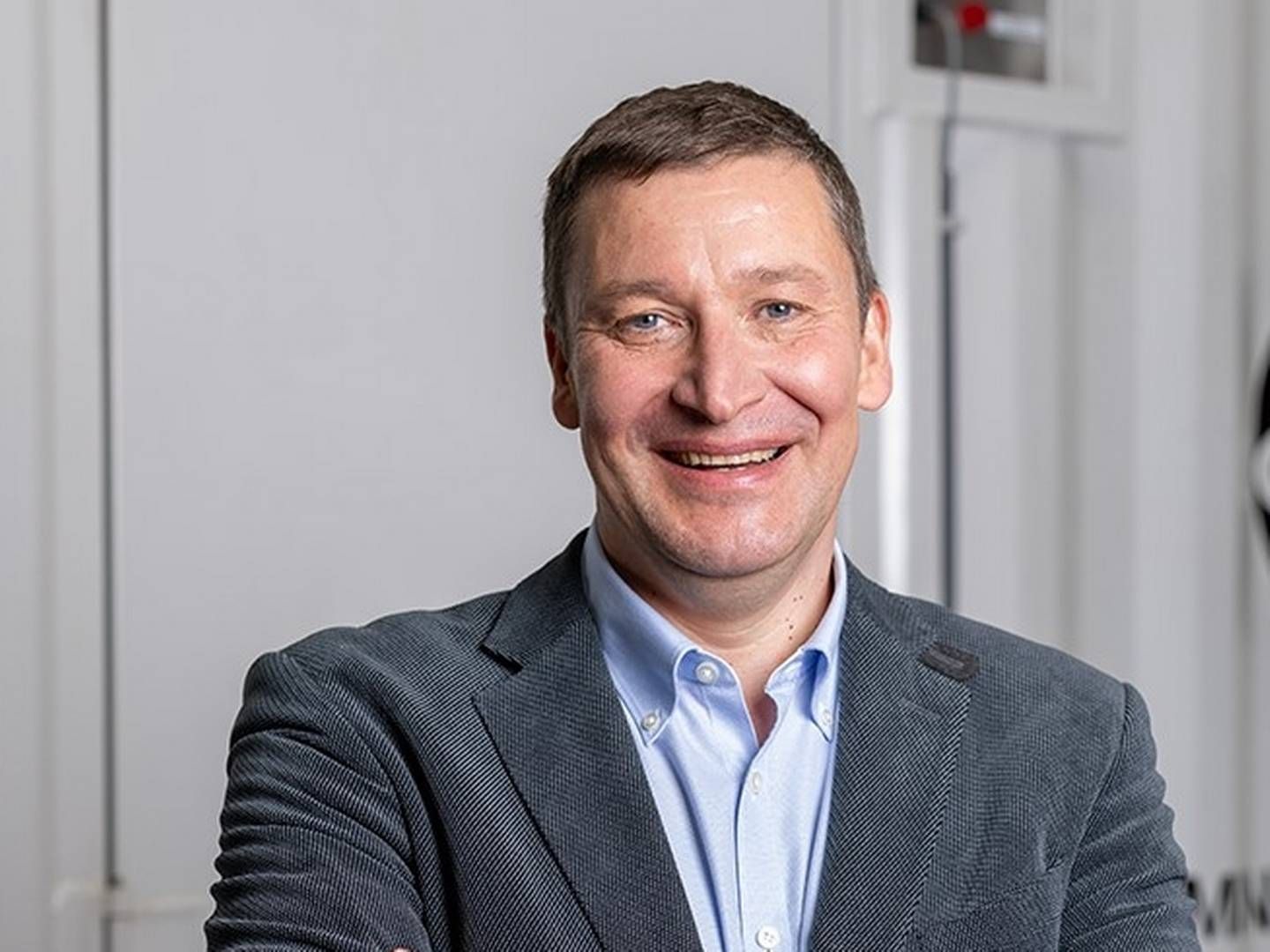
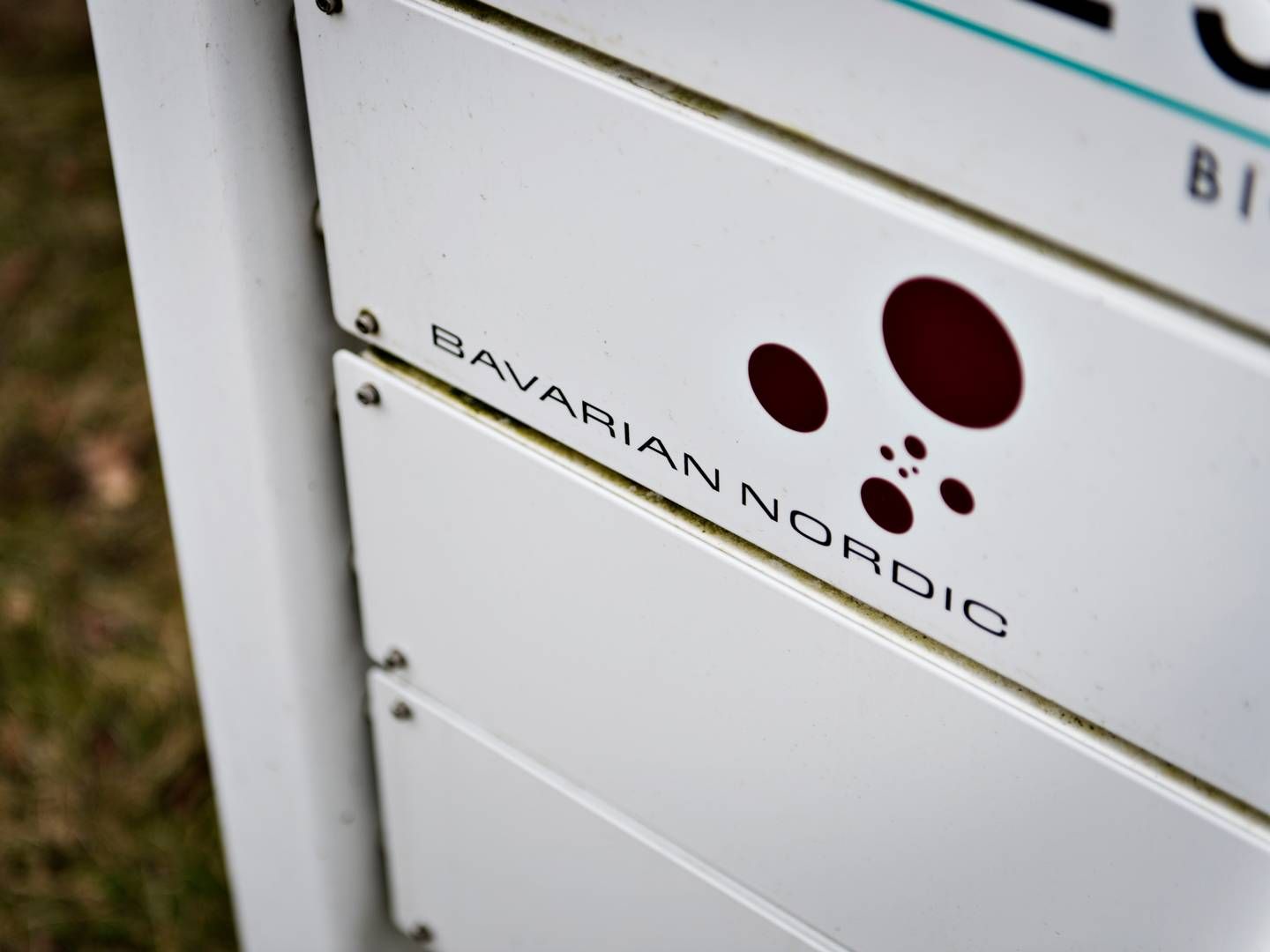

.jpg&w=384&q=75)




